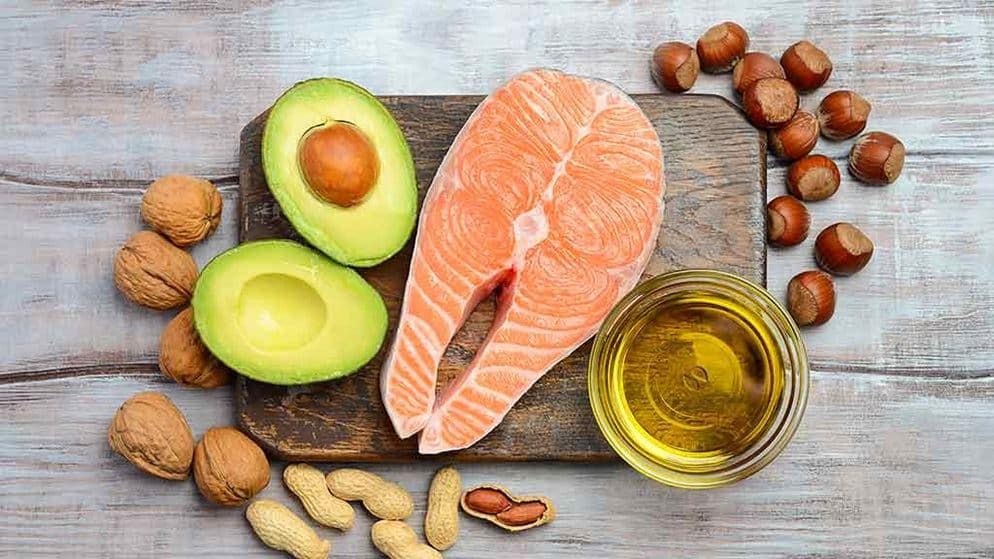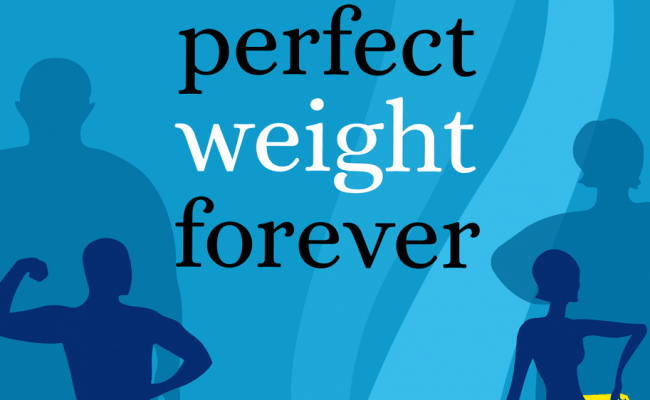
A keto diet is more defined than a general low carb diet; a keto diet provides only 20-50 grams (80-200 calories) of carbohydrate per day. This amount is much less than under 40% of calories; it is closer to less than 10% of calories from carbohydrates. The focus is also on eating a higher amount of fat and moderate protein.
Low carb diets have been a popular go to for weight loss for decades. Possibly one of the most famous approaches for low carb dieting started in the 1970’s from Dr. Robert Atkins who developed the Atkins diet.
During this time and through the early 2000’s, health messages were primarily centered on lowering fat intake to promote overall health and weight loss. However, during this time period, the waist lines of America continued to expand as Americans cut down their fat intake.
This helped stem the shift to focusing on limiting carbohydrate intake instead of fat for weight loss.
Cutting out sources of simple sugars such as: white breads, sweet cereals, packaged snacks and sweetened beverages can help cut out empty calorie sources from the diet.
However, some low carb diets take it further to limit intake of all grains, dairy, fruits, some vegetables and legumes.
A low carb diet can mean different things, but in general a low carb diet provides less than 45% of calories coming from carbohydrates. The general guideline for daily carbohydrate intake is between 45-65% of calories.
A ketogenic (keto) diet is considered a low carb diet, but a low carb diet is not necessarily a keto diet. While low carb diets and a keto diet are gaining in popularity and there is research to support some positive health outcomes, they may not be the right fit for everybody.
What is a low carb diet?
A low carb diet restricts the intake of daily carbohydrates below 40% of calories. Most low carb diets start with at least an initial phase of stricter carb restriction that involves eliminating foods with sugar but also natural sources of carbohydrates.
Foods that are limited on a low carb diet include: grains, fruits, starchy vegetables, dairy, sweets and sweetened beverages.
Some low carb diet plans will allow some fruits, whole grains and vegetables back in at a later time frame.
The goal of a low carb diet is to shift the body from primarily using carbohydrates as a fuel to using body fat as a fuel source.
By limiting carbohydrate intake, the body is forced to tap into body fat stores more readily.
The brain needs carbohydrate (glucose) as a fuel. Therefore, if it doesn’t get enough from the diet, the body breaks down fat and protein to alter the structure to look like a carbohydrate.
Instead of eating foods higher in carbohydrate, you eat more foods higher in protein and/or fats.
Foods you will eat more of include: meats, cheeses, leafy greens, nuts, seeds, eggs, oils, butter and seafood.
Research studies suggest there may be some short-term weight loss and other health benefits from following a low carb diet.
However, how low your carb intake should be can vary. Restricting intake of foods long term such as fruits, certain vegetables and whole grains can also limit your intake of key nutrients.
How is ketogenic diet different a low carb diet?
A keto diet was originally developed in the 1920’s as a treatment for epilepsy.
A keto diet is more defined than a general low carb diet; a keto diet provides only 20-50 grams (80-200 calories) of carbohydrate per day.
This amount is much less than under 40% of calories; it is closer to less than 10% of calories from carbohydrates. The focus is also on eating a higher amount of fat and moderate protein.
Low carb diets can be higher in protein and moderate fat amount.
When carbs are this restricted for longer than a few days, the body starts breaking down protein and fat for carbohydrate fuel.
As the body changes the structure of fat to make it look like a carbohydrate, ketone bodies are produced. Hence the term ketogenic diet.
Both low carb diets and a keto diet do not focus on counting calories. Both diet types encourage eating until you feel satisfied.
By eating more protein and fats, you will naturally feel more satisfied longer after eating than when eating foods higher in carbohydrates.
See also: 8 Delicious and Healthy Keto Friendly Snacks
When is a low carb diet or keto diet recommended?
If you are wondering if you should try a low carb or keto diet, speak with your doctor first.
Certain health conditions may benefit from a lower carb diet, but other health instances may not benefit from a strict cut in natural foods that are carbohydrate sources.
Can a low carb or keto diet be healthy? Many studies have suggested following a low carb or keto diet can provide some health benefits.
However, following a keto diet may not be best for everyone. If someone is quite active, restricting carbohydrate intake can be detrimental to athletic performance especially if you are training for a long distance event.
Weight loss can be expedited from a low carb or keto diet, and a low carb diet may be beneficial for heart health.
In fact, a 2017 study (1) with data from over 135,000 people concluded high carbohydrate intake was associated higher risk of total mortality, but total fat and individual fat types were related to lower mortality.
Conclusion: Should you follow either a low carb or keto diet?
Cutting sources of simple carbohydrates (i.e. sugar) in the diet is recommended for everyone. In the low fat frenzy of previous decades, it was recommended to replace fatty foods with high carbohydrate foods that were low in fat.
We now know replacing sources of fat with simple carbohydrates is not the best recommendation for health.
Following a low carb, or keto, diet may be helpful for weight loss and may provide other health benefits.
However, cutting out fruits, whole grains, legumes and some vegetables long term means you are cutting out a lot of nutrient dense foods from your diet.
Therefore, following a low carb / keto diet long term may not always be recommended. It’s important to consult your medical team to determine which diet is best for you.
The most important focus for a healthy diet is what can be sustained long term and provide you with a variety of nutrient dense foods. That can look different ways, not just low carb.
For example, following a Mediterranean diet, which is rich in fruits, vegetables, legumes, whole grains and heart healthy oils, is also associated with many health benefits.










